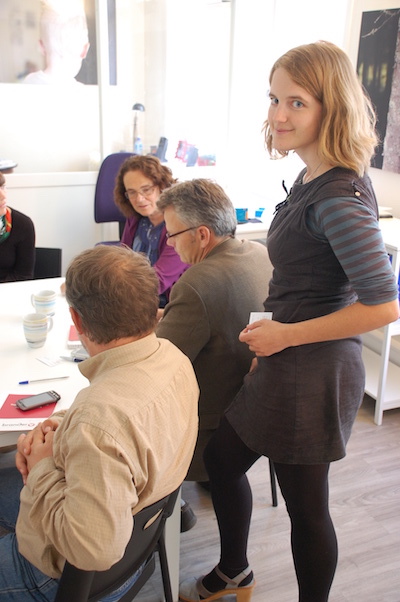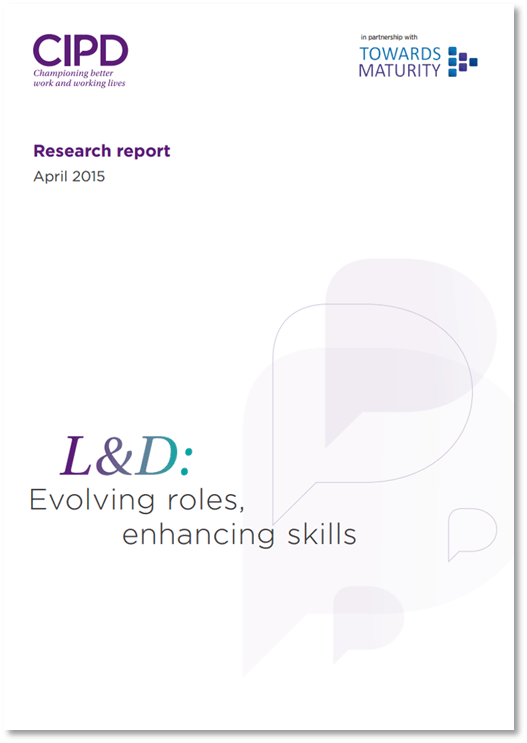Facilitation means different things to different people. However, at its core should always be the root meaning of the word: to facilitate – to make something possible or easier.

The methods and approach can vary according to the situation, the facilitator and the group but that idea of making something possible and easier has to be there.
But that’s not all. There are three other key principles to good facilitation. They are:
- That the facilitator acts as a guide, helping people through the process. The facilitator is not the font of all knowledge, but needs to draw out and enhance the collective knowledge of the group
- Facilitation is about how people participate in the process, rather than just about the end result
- Facilitation is neutral and impartial
David Broadhead, founder of Partners in Management, agrees that facilitation focuses very much on the group. “It is about enabling a really stimulating conversation where people feel safe and explore ideas, share opinions and experiences.” He knows that a facilitated session has gone well when he gets this kind of feedback: “People say I’m not sure what I’ve learnt, but I’m different and am thinking differently.”
There is a big difference between facilitated face to face learning and traditional face to face learning. It used to be that a trainer stood at the front of a group of learners and delivered content. It was all about the knowledge and experience they could pass on. Now, face to face learning is much more about collaborative learning, about people having discussions and sharing ideas, experiences, problems and solutions. It is about the collective knowledge and experiences of the room, rather than just one person, the trainer. After all, the content that a trainer has to impart can usually be found online and in advance, so that role has become far less important. Kevin Wyke, founder and director of people and organisation development company Leap Further, agrees. “L&D is not about being the expert anymore. Instead, we should be helping people to navigate all the information they can get out there and facilitating the learning journey.”
Now, good face to face learning delves into the deeper, less tangible learning. Facilitation helps that to happen. Of course, facilitation is not purely a face to face, offline experience. Facilitation has also taken off in the online space and is only going to become more and more important. Put all these things together and it’s easy to see why facilitation has become such a key skill for L&D professionals.
 The modern day L&D professional needs to have facilitation skills both for online and offline learning. Research from the HR’s professional body, the CIPD, and from the benchmarking organisation, Towards Maturity, highlights just how important this is.
The modern day L&D professional needs to have facilitation skills both for online and offline learning. Research from the HR’s professional body, the CIPD, and from the benchmarking organisation, Towards Maturity, highlights just how important this is.
Their joint report from 2015, called ‘L&D: Evolving roles, enhancing skills’, is just one of many pieces of research that talks about how ‘the course’, the traditional way of delivering learning, no longer carries the weight it once did.
Although L&D is still relying heavily on ‘the course’, it knows that it has to focus on newer models of learning. Facilitated learning has to be a key part of any modern L&D strategy. The facilitation of social learning gets a particular mention in the CIPD/Towards Maturity report and it’s an area that L&D needs to get to grips with.
 It is happening. Toward’s Maturity 2016 In-Focus report ‘70+20+10=100: The Evidence Behind the Numbers’ found that 47% of the participating L&D professionals believe that their approach is shaped by models supporting learning in the workflow. That 47% are also 2.5x more likely to have skills in facilitating collaboration.
It is happening. Toward’s Maturity 2016 In-Focus report ‘70+20+10=100: The Evidence Behind the Numbers’ found that 47% of the participating L&D professionals believe that their approach is shaped by models supporting learning in the workflow. That 47% are also 2.5x more likely to have skills in facilitating collaboration.
That’s a good start. It’s now time for the rest of L&D to catch up.
-----
This is the first in a series of blog posts tackling the topic of facilitation and aimed at giving you practical steps in facilitating valuable communities of learning. Stay tuned for our next post looking into the differences between analogue versus digital facilitation.
Photo taken at workshop in Oslo. Credit: Sigurd Nørsterud.
Find out more on how you can use Noddlepod as a group facilitation tool.